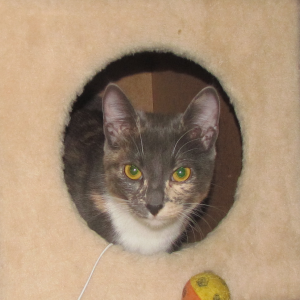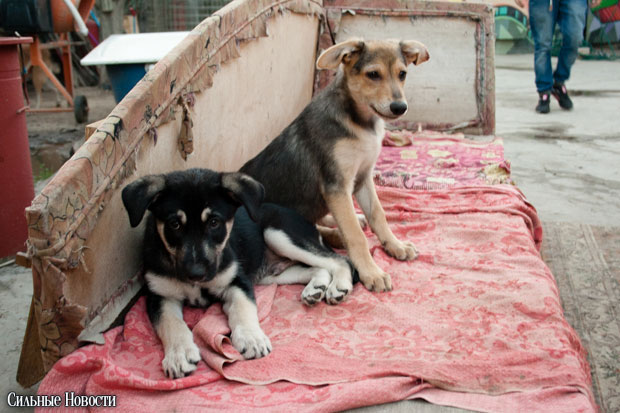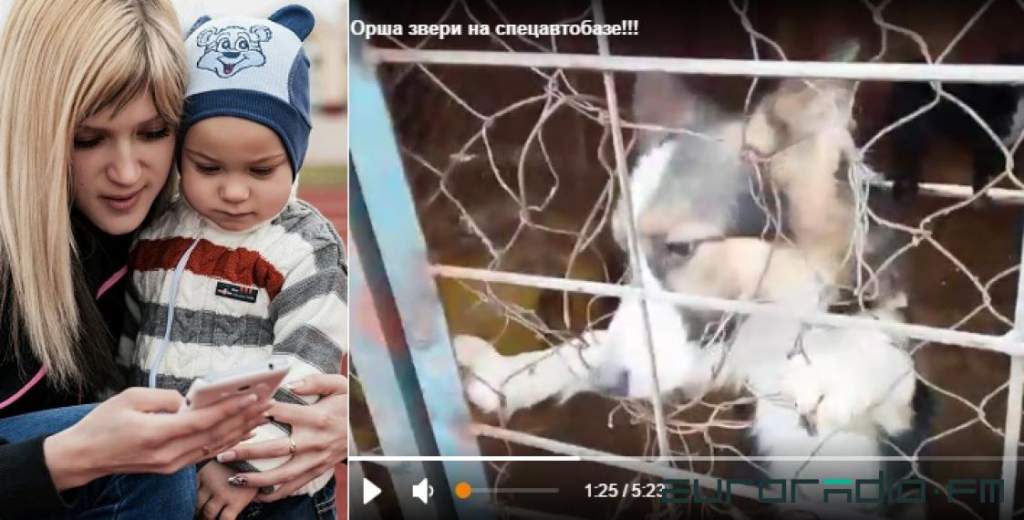Maradona’s ‘hand of God’ touches Belarusian football

On 15 May, Diego Maradona, legendary football player and World Champion in 1986, signed a three-year contract with the Belarusian club, Dynama Brest.
Back in 2016, the club announced that the United Arab Emirates-based company, Sohra Overseas, had become the team’s main sponsor, making Dynama Brest one of the few private football clubs in Belarus. With significantly increased funds, the club has brought a number of strong and expensive players to Belarus. If you’re an avid fan of the sports, now may be the best time to bet on your players on sites like dadu online.
Maradona’s contract with Dynama Brest, along with the failure of the Belarusian ice hockey team at the World Championships 2018 in Denmark, overshadowed all political and economic events in the country for a few days.
Maradona’s appearance at Dynama Brest will unlikely bring significant sporting achievements to the Belarusian championship, however the famous football player may play a role in prising Belarusian sports away from state control.
Dynama Brest and the Dubai connection

Diego Maradona with Fidel Castro and Hugo Chavez. Source: fidelcastro.cu
Many consider Maradona one of the best players of the 20th century. The 1986 World Cup, which Argentina won, brought him special glory. One of Maradona’s goals in that tournament had been scored by his hand; a violation of the rules. Later, Maradona referred to the winning goal as the “hand of God”.
Following a brilliant career on the playing field, Maradona struggled to find success as a coach. Instead his infamy grew due to regular scandals related to drug use, conflicts with journalists, as well as friendships with politicians such as Fidel Castro, Hugo Chavez, and Nicolas Maduro.
Until recently, Dynama Brest had received state support, as do almost all teams competing in the Belarusian football championship. However, the financing had gradually decreased over the years. In 2016, for instance, financial hardship led to the fans collecting money for the players’ kit.
Sohra Overseas’ sponsorship ensured that the funding problems disappeared. Sohra Overseas FZE is a Dubai-based company that sells Belarusian industrial products. Belarusian media often refer to Sheikh Paul Dajer as the company’s owner and the main sponsor of Dynama Brest. However, foreign media seldom mentions Sheikh Dajer and locals in Dubai describe it as a very unusual name for a Skeikh from the United Arab Emirates. Some media, such as TUT.by, suggest that behind the “sheikh” is Belarusian businessman Alexandr Zajtseu; an individual close to Alexander Lukashenka’s son Viktar.
When Sohra Overseas bought Dynama Brest, the team brought in some strong foreign players and good Belarusian players, and soon competed with the traditional favourites of Belarusian football – BATE and Dynama Minsk. This spring Brest won the Belarus Super Cup, and this summer the team will play in the European League.
Maradona has worked at a small football club, Al-Fujairah in the United Arab Emirates, but was forced out after failing to get the team into the top division of the local championship. Following this, Maradona signed a contract with Dynama Brest, where he holds the position of Chairman of the Board for at least three years with the right to end his association after one year. Belarusian media reported the value of Maradona’s contract with FC Dynama Brest as up to $20m. An Argentinian media source, La Nacion, believes the contract exceeds this sum.
Belarusian sports under tight control
The Belarusian authorities repeatedly emphasise that sport in Belarus plays an important ideological role and should demonstrate the achievements of the Belarusian model of society. Various ministries and security agencies directly supervise leading sports. For example, the KGB supervises the biathlon: its chairman Valery Vakulchik serves on the supervisory board of the Federation of Biathlon. The Ministry of the Interior controls ice hockey and recently organised for the production of hockey uniforms and equipment in Belarusian prisons.
Football clubs annually receive benefits in accordance with a special decree issued by Lukashenka. In the early 2000s, when the economy was more stable, Belarusian sport enjoyed a better financial situation than today. Ice hockey and football players received good salaries, while players from neighbouring countries would actively come to the Belarusian championship. The situation has changed dramatically and Belarusian players rarely shy away from opportunities to join the clubs in the Baltic countries, which never attracted them before.

Lukashenka and Putin playing hockey in Sochi, 2014. Source: belaruspartisan.by
Lukashenka’s love of ice hockey is well known. He finds the time for regular training and his specially formed presidential team tours around the country. The team arranges a Christmas tournament every year, paying a lot of money to the teams of hockey veterans from other countries.
The president’s team usually wins these tournaments. State television always shows packed stands at the tournament, though in reality students and military personnel have been brought in to fill the seats. During his presidency, Lukashenka has promoted construction of dozens of new ice arenas.
Every year the state spends significant amounts to support Minsk Dynama, which plays in the Continental Hockey League. Lukashenka even appointed the former governor of Minsk and Hrodna regions, Siamion Shapira, as chairman of the Ice Hockey Federation. And, despite such a visible role of ice hockey in Belarus, the Belarusian ice hockey team lost all seven of its games at the World Cup.
The promise of Maradona for Belarusian sport
Sports experts have few doubts that the arrival of Maradona in Belarus during this summer will barely affect the performance of Dynama Brest. At the same time, his role could give impetus to reforms in Belarusian sport. So far, the most successful Belarusian football club remains BATE. BATE Borisov regularly wins in the Belarusian football championship and has played in the UEFA European League and Champions League.
The privately-owned Dynama Minsk traditionally provides competition to the famous Belarusian FC BATE, while the teams that wholly depend on public funding tend to become increasingly uncompetitive. If FC Dynama Brest, led by Maradona, retains its place among the leaders of Belarusian football then it can motivate the leadership of the country to turn the sport over to the free market.
The story of Maradona and Belarusian football has so far been only a PR exercise. Whether or not this story can persist will soon become clear: Dynama Brest starts in the European League and plays in the championship of Belarus. Failures in these tournaments, or should Maradona consider the climate “unfavourable” (in his contract, Maradona has a clause according to which he can withdraw from the contract if he does not adapt to the Belarusian climate), could mean that the term of a football legend in Belarus proves very short.
Alesia Rudnik and Vitaut Rudnik
Alesia Rudnik is an analyst at the Ostrogorski Centre.
Vitaut Rudnik is a founder of the NGO “Center ”The Third Sector”, journalist and football historian.







